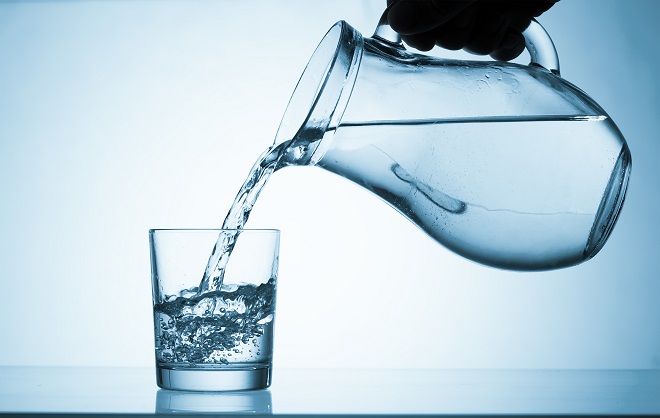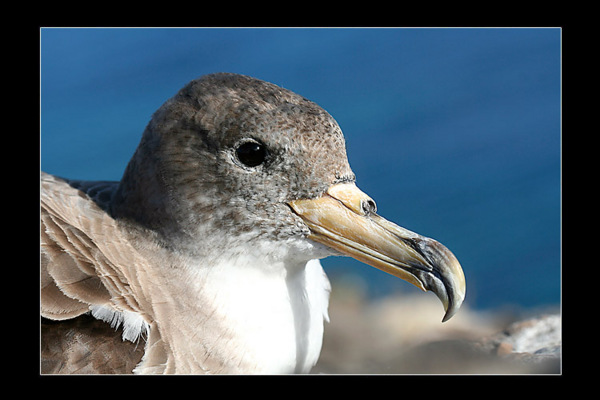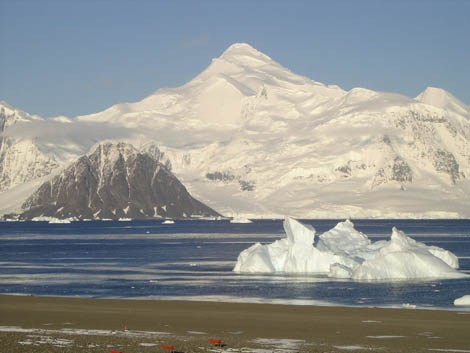 Do you remember that time, after a day at the beach full of adventures between diving, big waves, Berlin balls and sand everywhere, you arrived home and just wanted… water!! It's in those moments that we realize how precious she is… that's when we have that genuine thirst!
Do you remember that time, after a day at the beach full of adventures between diving, big waves, Berlin balls and sand everywhere, you arrived home and just wanted… water!! It's in those moments that we realize how precious she is… that's when we have that genuine thirst!
But if we are lucky enough to have fresh water to drink, how do animals that live in the saltwater sea do? By the way, why are the oceans of salt water? All these questions are super interesting…
Going by parts. If you've noticed, the fish you ate grilled this summer is not salty, which is why we add salt to the sardines to give them more flavor. This is because fish have the ability to get rid of salt.
Like? It depends on the marine animal. For example, fish use their special kidneys and gill cells to get rid of salt. Sharks are different in that they have a digestive system that eliminates salt.
Whales and dolphins get (almost) all their water they need from what they eat. However, without drinking water, their urine is 2 times more concentrated than salt water.
 What about seabirds that spend most of their time at sea? They sometimes drink salt water, managing to eliminate the salt through glands near the beak, where they remove the salt. To see it easily, just go to the internet and look, for example, for cagarra (Callonctris diomedea) that lives in our Azores… do you see the tube at the top of the beak? That's it!
What about seabirds that spend most of their time at sea? They sometimes drink salt water, managing to eliminate the salt through glands near the beak, where they remove the salt. To see it easily, just go to the internet and look, for example, for cagarra (Callonctris diomedea) that lives in our Azores… do you see the tube at the top of the beak? That's it!
Thus, with the salty oceans, marine animals had to have strategies to manage to survive the salt. But why is the ocean salty since the rivers are freshwater? Shouldn't the Oceans be sweet too?
The answer is linked to the seabed, and a convincing answer has only been obtained as recently as 1979.
Mineral salts from rivers (however few) flow into the sea, and over millions of years they can contribute to its salinity. But, as the characteristics of the oceans are very different from those of rivers, it was with the discovery of a type of hydrothermal vents (black smokers; "black smokers”) by a submersible, with scientists on board, at great depths that it was possible to better clarify this issue. These hydrothermal vents, which exist across the oceans, release large amounts of salts that contribute to the oceans being salty. Fascinating!
 All of this should make us think that water is fundamental for our planet… and also for our organism. We need it every day! Just look at the times we use it on a daily basis, to quench our thirst, cook, wash our hands or brush our teeth.
All of this should make us think that water is fundamental for our planet… and also for our organism. We need it every day! Just look at the times we use it on a daily basis, to quench our thirst, cook, wash our hands or brush our teeth.
By 2025, it is estimated that more than 50% of our world population could be vulnerable to water scarcity, with the United Nations being regularly concerned about its good management.
The largest water reserves are in Antarctica (frozen), due to its accumulation over millions of years. If it melts, it will definitely raise the water level in the sea.
As this is not desirable, it is better to use water in our daily lives in the best possible way, in a sustainable way.
Water is a precious resource for us, for animals that live on land or in the sea, even if the latter is salty.
Author Jose Xavier
Science in the Regional Press – Ciência Viva

















Comments